[ad_1]
Commercial bird food is loved all around the bird community. Bird food is advertised to give your bird the best of both worlds for nourishment and taste.
One of the key ingredients in most bird foods is marshmallows. Since I started as a bird enthusiast, this ingredient has always confused me.
How can something unhealthy for humans be healthy for birds? That’s why it’s not wise to feed marshmallows to your birds. They carry several side-effects and can increase the sugar count in your pet’s body. I’ll explain further in my article, don’t worry.
Before blindly buying store-bought bird food, I decided to conduct research of my own to know and understand the safety of sweet treats being a part of your bird’s daily diet.
The results were astounding. In this article, you will find everything about adding marshmallows to your bird’s diet.
Carry on reading!
Are Marshmallows Safe for Bird Consumption?
To understand the safety of marshmallows or any other food, you should explore and educate yourself on the ingredients that go into making marshmallows.
Marshmallows are sweet treats widely found in cereals and other dishes like s’mores to please the palate of people with a sweet tooth.
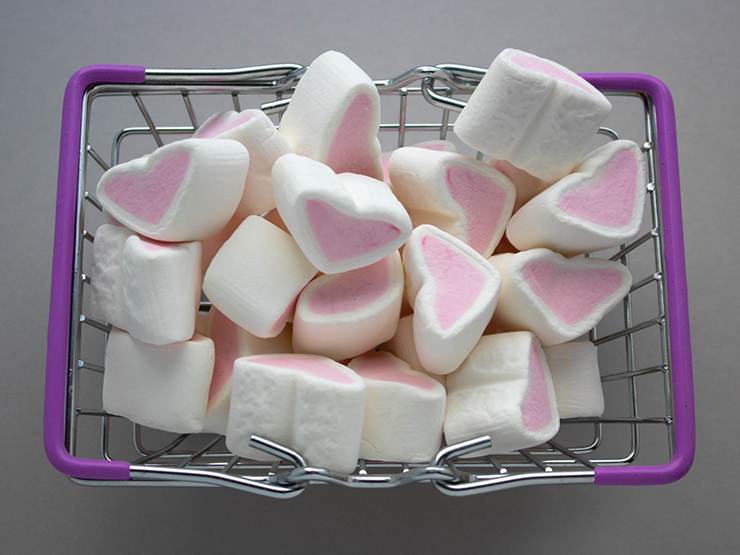
Primarily corn syrup, icing sugar, and gelatin go into the making of marshmallows. If you look into the individual ingredients, you can see how intensely packed it is with sugar.
Now you must be wondering: Why is sugar so bad for birds? They get it from fruits, right?
Unfortunately, the misconceptions that spew around the bird community are more detrimental than you may think. That’s the case for sugar!
The sugar that birds consume from fruits is fructose; on the other hand, marshmallows or other treats created to please human palates contain table sugar, aka sucrose.
It may sound like mumbo jumbo, but it did to me when researching marshmallows.
Let’s clarify it. Fructose derives naturally from fruits. They are monosaccharides, also known as simple sugars. They are absorbed directly into the bloodstream upon consumption.
Bird parents should feed birds fruits in moderation due to fructose overload, as it can raise blood triglyceride levels. However, the side effects of sucrose can be far more harmful than fructose.
Sucrose comes from both glucose and fructose. It requires an enzyme called sucrase which may not be available in the guts of all types of birds. Even if they are present, activities are much low.
The presence of glucose increases the amount of fructose, and that just leads to more trouble.
By now, it is evident why mass-produced bird food is frowned upon, at least in my household. To understand the effects of these disadvantages better, read on.
What Are the Side-Effects of Consuming Marshmallows in Birds?
It’s clear by now that while marshmallows are something that your bird can eat, they still shouldn’t, just like bread.
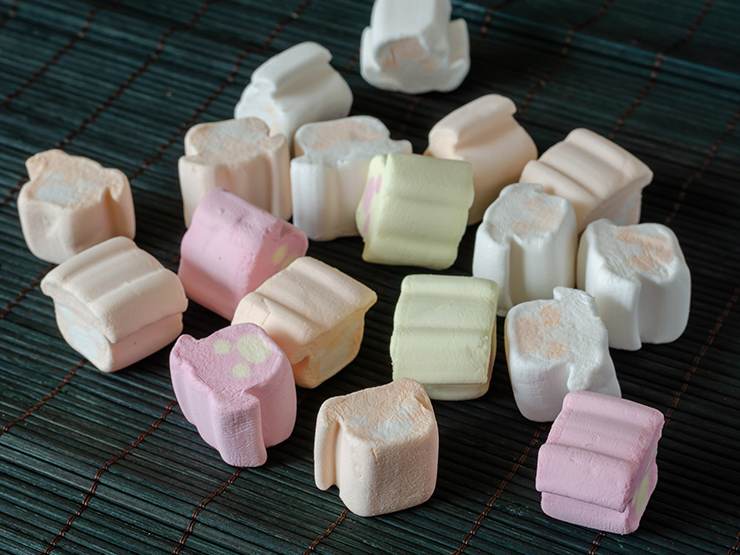
After clarifying the chemical composition of marshmallows, we will explore the consequences of adding marshmallows to your bird’s diet.
1. Sugar Overload
Many people believe in the misconception that a sugary diet provides bursts of energy throughout the day. Sugary treats provide a boost of serotonin; however, withdrawal symptoms are far more painful than most diseases for birds.
Sugar addiction becomes harmful fast. The increased levels of dopamine and serotonin provide a sense of happiness and a jolt of energy, feeling like a reward, and your bird will keep demanding more.
Cutting back on sugar invites withdrawal symptoms, which include:
- Fatigue
- Depressed mood
- Cravings
- Cognitive issues
Consuming marshmallows that are pure sugar will lead to an addiction.
2. Decrease in Energy
Although there’s an initial jolt of energy when sugar metabolizes, the increased insulin tries to counter this. It leads to decreasing overall blood sugar (also known as hypoglycemia), resulting in symptoms like:
- Nervousness or anxiety
- Trembling or shakiness
- Dizziness
- Irritability or confusion
- Hunger
It goes on to show that sugary treats like marshmallows do more harm than good.
3. Lowers B Vitamins Levels
B vitamins are the backbone of regulating normal bodily functions, including proper nerve function, cell health, and digestion.
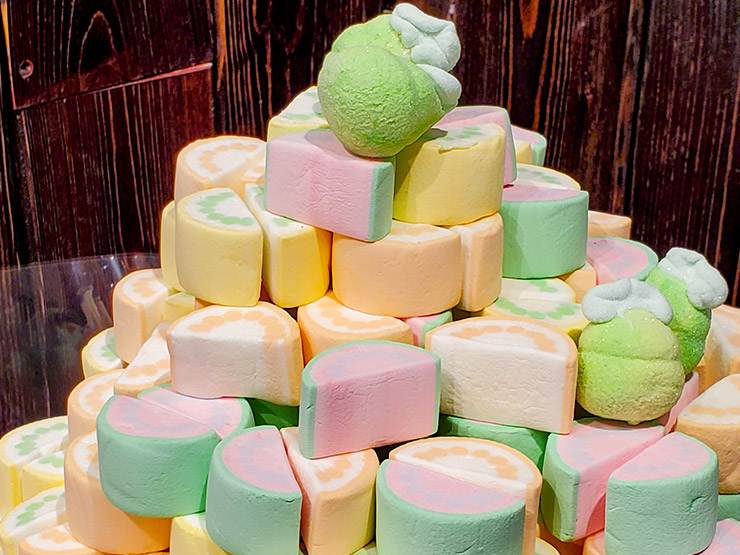
Imagine suffering a deficiency because of marshmallows because that is just what happens.
Highly processed foods like high fructose corn syrup cause a depletion of B vitamins like Thiamine due to their overstimulating effects. Anything alternating brain chemistry can never be any good.
Some of the symptoms of depletion in B vitamins include:
- Balance problems
- Anemia
- Susceptibility to infections
- Constipation or diarrhea
- Vomiting
There are more detrimental risks associated with B vitamin deficiencies.
4. Running Low on Nutrients
Not only does it decrease nutrient absorption, but it also has no nutrition of its own to offer. A reduction in daily nutrients causes an unbalanced diet.
The leading cause of an unbalanced diet only amplifies the already existing diseases caused by sugary treats like marshmallows.
Some of the additional symptoms of an unbalanced diet include:
- Obesity
- Cardiovascular Diseases
- Anemia
- Musculoskeletal Diseases
- High cholesterol levels
- High Blood Pressure
After taking all the side effects into account, ask yourself: Is it worth the momentary enjoyment of your bird?
Even though sweet fruits are to be given as an occasional treat, sugary foods like marshmallows are detrimental to humans even. Imagine what a toll it will take on our furry friends.
My Bird Is Already Addicted to Sugar – What Can I Do?
Chances are your bird is already suffering from sugar overload from consuming the marshmallows in commercial bird food. Read this section to know all the ways to overcome and prevent this.
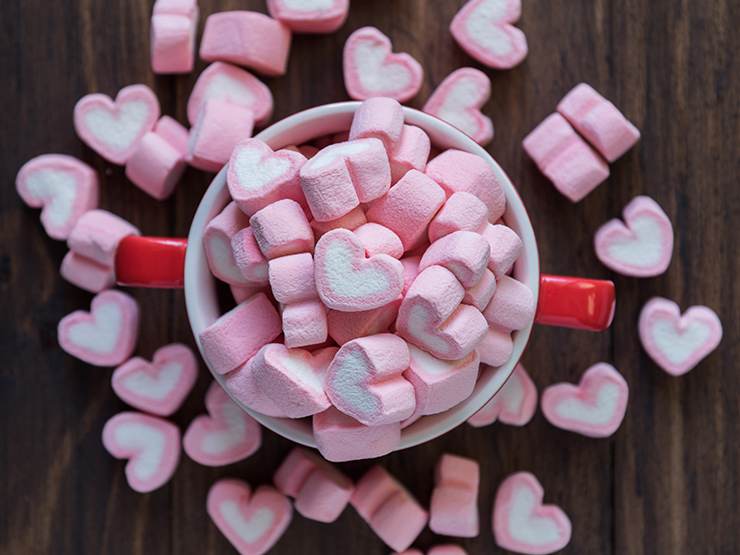
How to Manage the Side Effects?
Managing the side effects is a whole lot harder than preventing sugar addiction, as the mental challenges that follow suit can be detrimental to your and your bird’s relationship.
Here’s a list of ways to keep the side effects in control:
- Checking labels of commercial bird food for added sugar and sugary treats
- Increasing playtime to increase energy levels and battle symptoms like fatigue
- Staying hydrated to prevent irregular bowel movements
- Increasing fiber consumption to stay filled up to avoid cravings
- Fix overall diet to reduce the damaging effects of depletion in nutrients
Getting rid of a sugar addiction requires constant care and maintaining a strict regime that balances diet and exercise to keep your bird happy and healthy.
How to Prevent Sugar Addiction?
Need ways to prevent this hot mess altogether? Keep on reading.
- Choose unsweetened snacks
- Introduce sensory-stimulating foods to keep them engaged
- Avoid consuming sugary treats around them
- Educate family members and guests about sugar addiction
- Try providing a balanced diet of fiber and protein
Preventing these side effects requires only a bit of control and determination, whereas managing them can take a toll on you and your bird.
What Are Some Healthy Treats I Can Offer to My Bird?
Everyone needs an occasional treat, right? Treats shouldn’t cause any harm; instead, they should keep your feathered friends happy while delivering some sneaky nutrients.
Unfortunately, marshmallows fail to deliver that in every aspect possible. Hence, I accumulated a list of alternative treats that cause no harm.
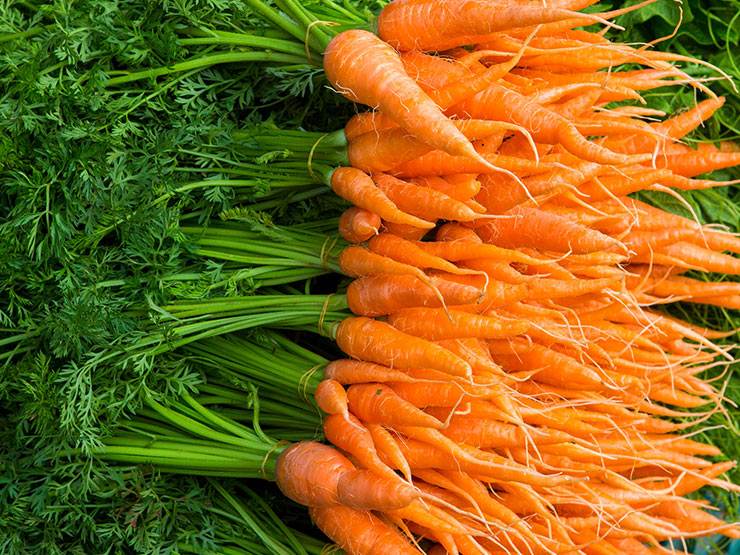
- Baby Carrots
- Seedless Grapes
- Banana Slices
- Celery Sticks
- Microgreens
- Whole grains
- Peppers
The list can keep going on and on. If you ask me, the trick to finding the perfect treats for your bird is not choosing the tastiest; but the most nutritious ones.
Nutritious doesn’t mean boring; take peppers, for instance. They are a perfect vessel for delivering crunchy and zesty goodness while supplying ample nutrition to the body.
Frequently Asked Questions
In this section, I will answer all your queries regarding the safety of marshmallows in your bird’s diet.
Can Birds Eat Marshmallow Peeps?
Marshmallow peeps are just sugar-coated marshmallows with eyes. It has a high sugar content that can be detrimental to your bird’s health.
Can Birds Eat Marshmallow Fluff?
The chemical composition of marshmallow fluff is different from regular marshmallows. They contain egg white, sugar, corn syrup, and vanilla essence.
The good news is they can be made at home; hence, opting for one with organic sugar and no corn syrup can be a safer option.
The alternative treats cause a lot less hassle and are impeccable in terms of nutrition content and taste.
Can Birds Eat Mini Marshmallows?
Mini marshmallows are still chock-full of corn syrup and sugar, making them the least ideal treat birds should consume, just like regular marshmallows.
Can Birds Eat Toasted Marshmallows?
Although toasting marshmallows introduces a slight bitterness that makes them less sweet, the sugar content remains.
To top that off, the melty texture of toasted marshmallows can be a choking hazard as it can stick to your furry friend’s esophagus.
Can Wild Birds Eat Marshmallows?
Wild birds already enjoy a plethora of fruits in the wild. Hence, wild birds don’t require sugary treats.
They have evolved to discern the good and bad in natural foods. However, they cannot discern human foods. Hence, it’s advisable to not add any sugary treats to your birdfeeder.
Final Remarks
While marshmallow remains to be a sugar-induced indulgence, they are a big no-no in your bird’s diet. Unfortunately, marshmallows must be an unsafe part of the bird’s diet.
There are far more safer and tasty alternatives to opt for as treats. After all, it’s better to be safe than sorry!
[ad_2]
Source by [author_name]



